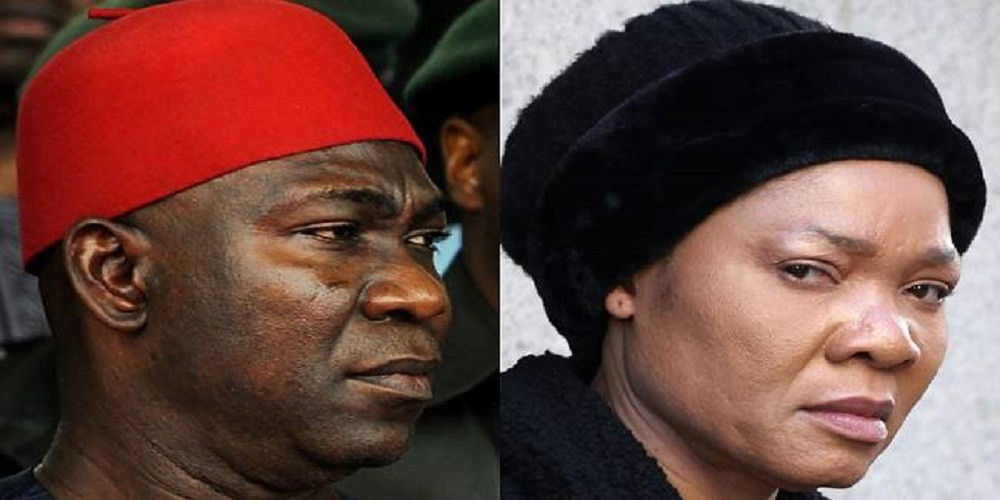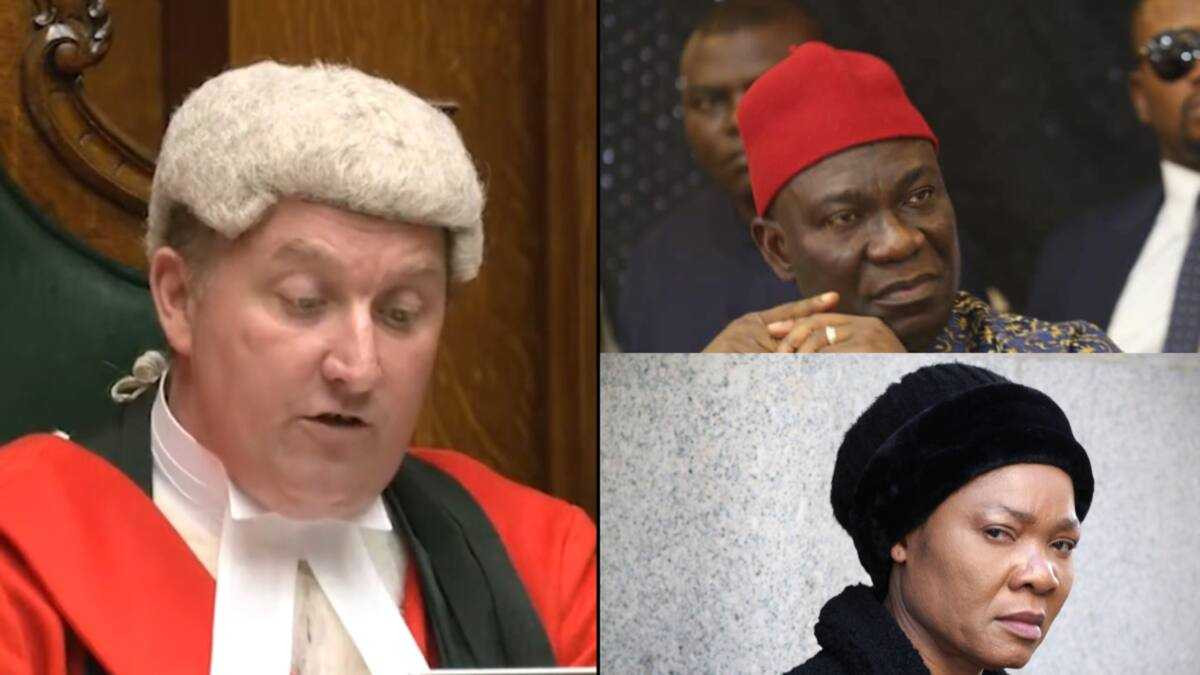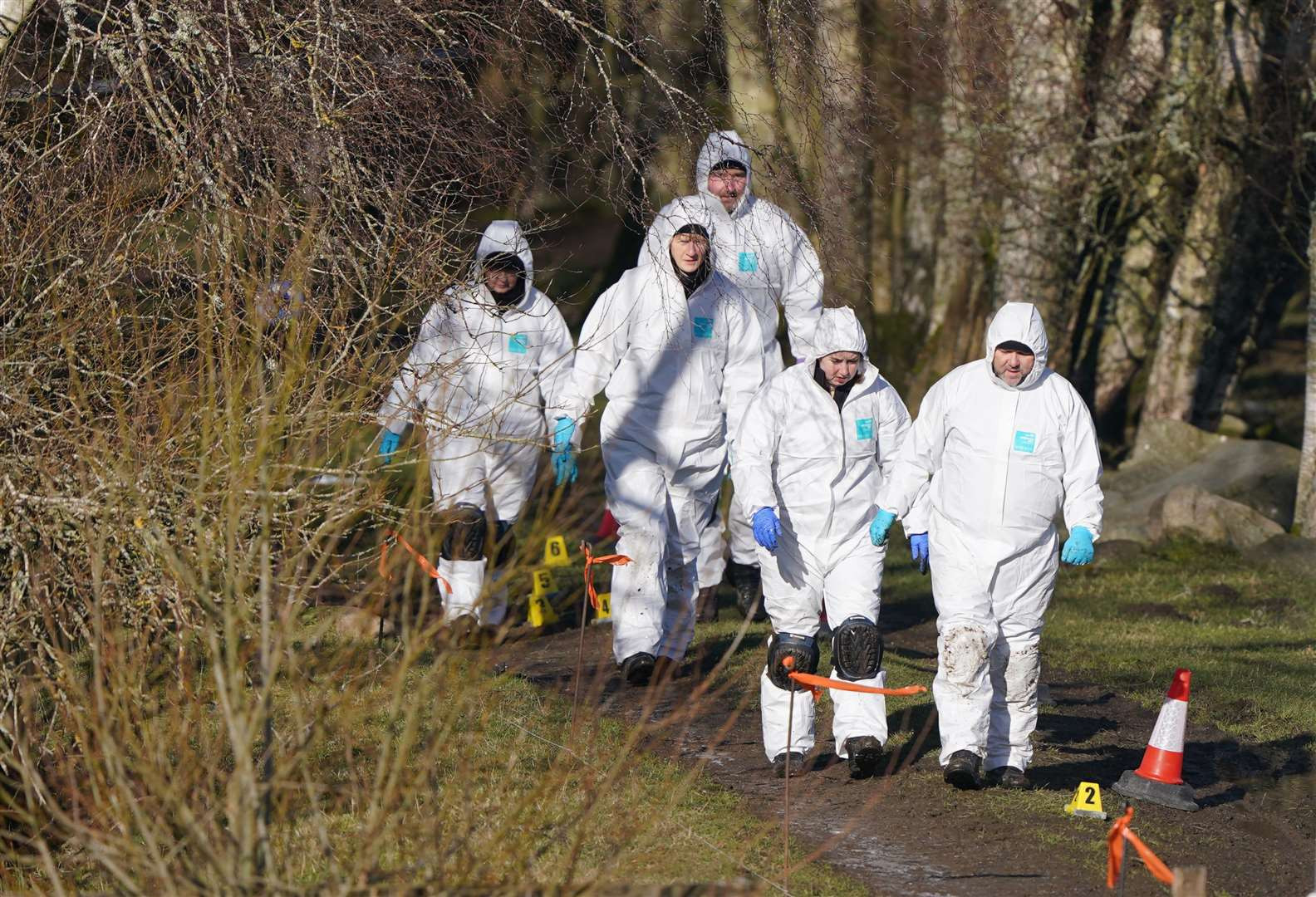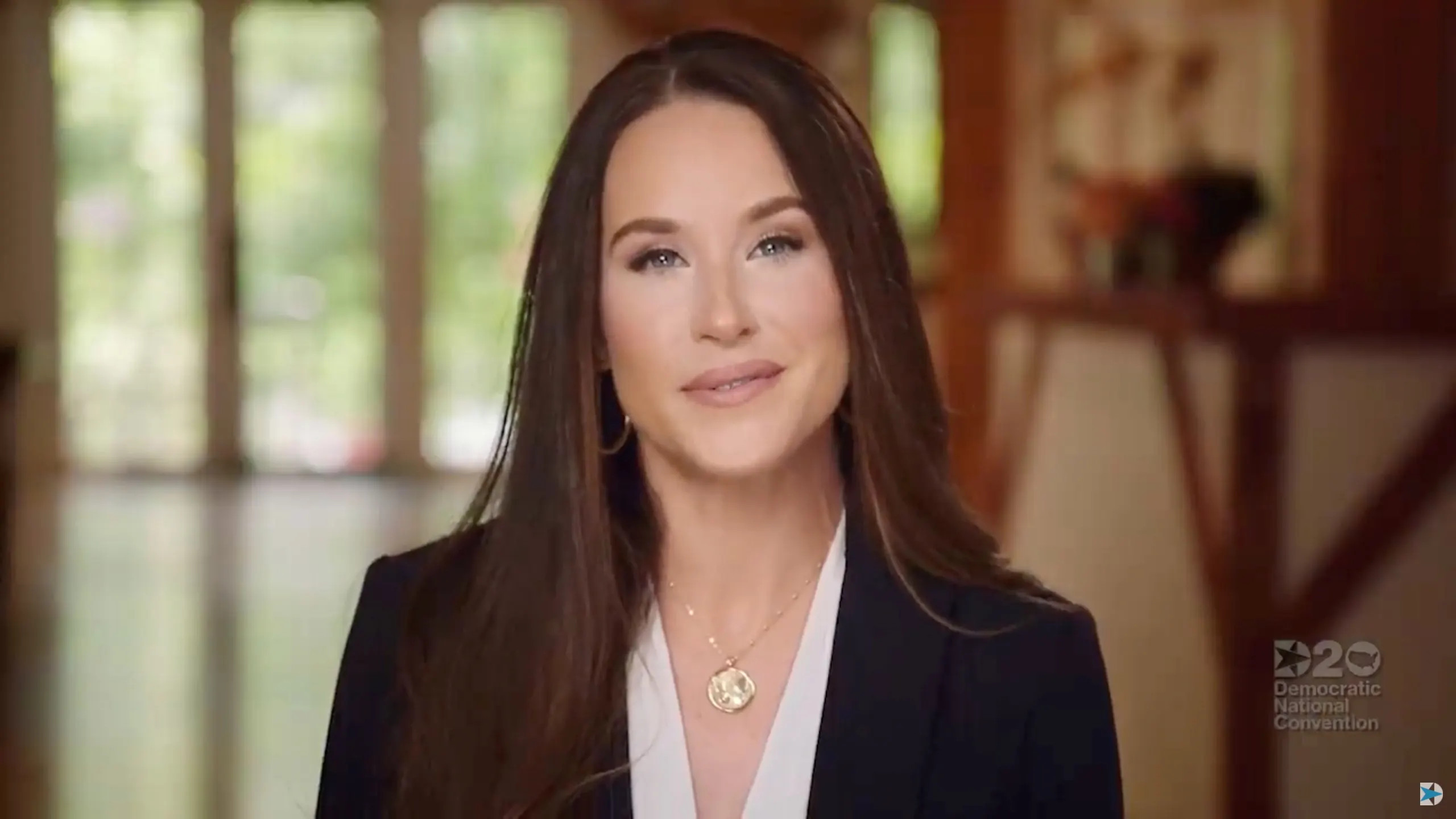Beatrice Ekweremadu's Release and Return to Nigeria: A Nation Rejoices
News of Beatrice Ekweremadu's release from a UK prison and subsequent return to Nigeria has sent shockwaves of joy across the country. Videos circulating on social media showcase jubilant market women in Enugu, her hometown, celebrating the occasion. This event marks a significant turning point in a saga that captivated international attention.
The Organ Trafficking Case: A Summary
In May 2023, a UK court found Beatrice Ekweremadu, along with her husband, Senator Ike Ekweremadu, and Dr. Obinna Obeta, guilty of conspiring to exploit a vulnerable individual for his kidney. The case became the first of its kind under modern slavery laws, highlighting the egregious nature of the crime. The court detailed how the defendants plotted to bring a young street trader from Lagos to London under false pretenses, promising him work and study opportunities in exchange for his kidney.
The judge described Senator Ekweremadu as the "driving force" behind the scheme, leading to his sentencing of nine years and eight months. Dr. Obeta, who actively sought a vulnerable donor, received a ten-year sentence. Beatrice Ekweremadu, deemed to have a more limited role, received a four-year and six-month sentence.
The Victim's Perspective
The victim, a 21-year-old at the time, recounted his ordeal. He revealed that he only realized the true nature of the situation when he met doctors at the Royal Free Hospital in London, where the transplant was planned. His initial hopes for a better life in the UK were tragically exploited. He poignantly stated, "My body no be for sale." Even facing such a harrowing experience, he refused financial compensation from the Ekweremadus, expressing a lack of trust in them. His current whereabouts remain unknown.
Beatrice Ekweremadu's Release: A Twist of Fate?
While Beatrice Ekweremadu's sentence was initially six years, her release came sooner than anticipated, raising questions. While the typical parole eligibility is 50% of a sentence, considerations such as time spent on remand and the UK's ongoing prison overcrowding crisis might explain this early release. Measures to alleviate overcrowding have led to early release for some prisoners serving over five years who have completed at least 40% of their sentences, and this likely applies to Mrs Ekweremadu’s case.
The Homecoming Celebration: A Wave of Relief and Joy
A family member confirmed Beatrice's return to Nigeria on Wednesday, stating that she arrived in her hometown of Mpu in Enugu. The community erupted in jubilation, with celebrations overflowing into the local Orie market, transforming it into a vibrant hub of festivity. Videos and social media posts depicted widespread joy, tears of relief, and heartfelt expressions of gratitude. Leaders of Mpu Town Union Federated expressed overwhelming joy, acknowledging that the absence of the Ekweremadus had left a void in the community.
Looking Ahead: Hope and Healing
The community's joy is tempered with hope for the eventual return of Senator Ekweremadu. Prayers continue for his release and reunion with his family. This ordeal has underscored the critical importance of combating human trafficking and ensuring ethical practices within the medical field. The events have had a profound impact on the lives of all those involved, and in the wake of this emotional chapter, healing and reconciliation remain paramount.
The story serves as a stark reminder of the complexities of the justice system and the devastating effects of organ trafficking. The focus now shifts toward ensuring that such crimes are prevented and that victims are given the support they need. The future will tell whether this case will serve as a precedent to strengthen legal frameworks against exploitation. This unprecedented case serves as a cautionary tale and a call to action—a wake-up call for all of us. It is a narrative that will be studied and debated for years to come, highlighting the precarious balance between justice, compassion, and the complexities of international law.



















